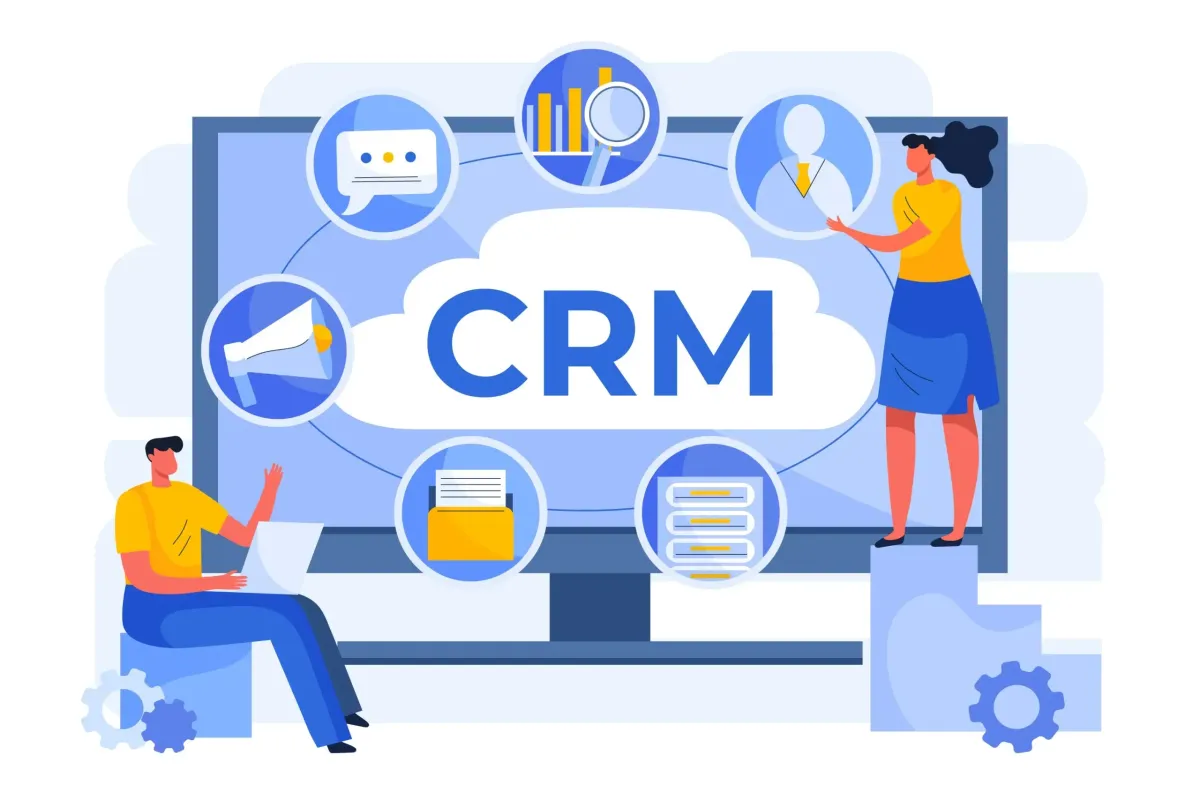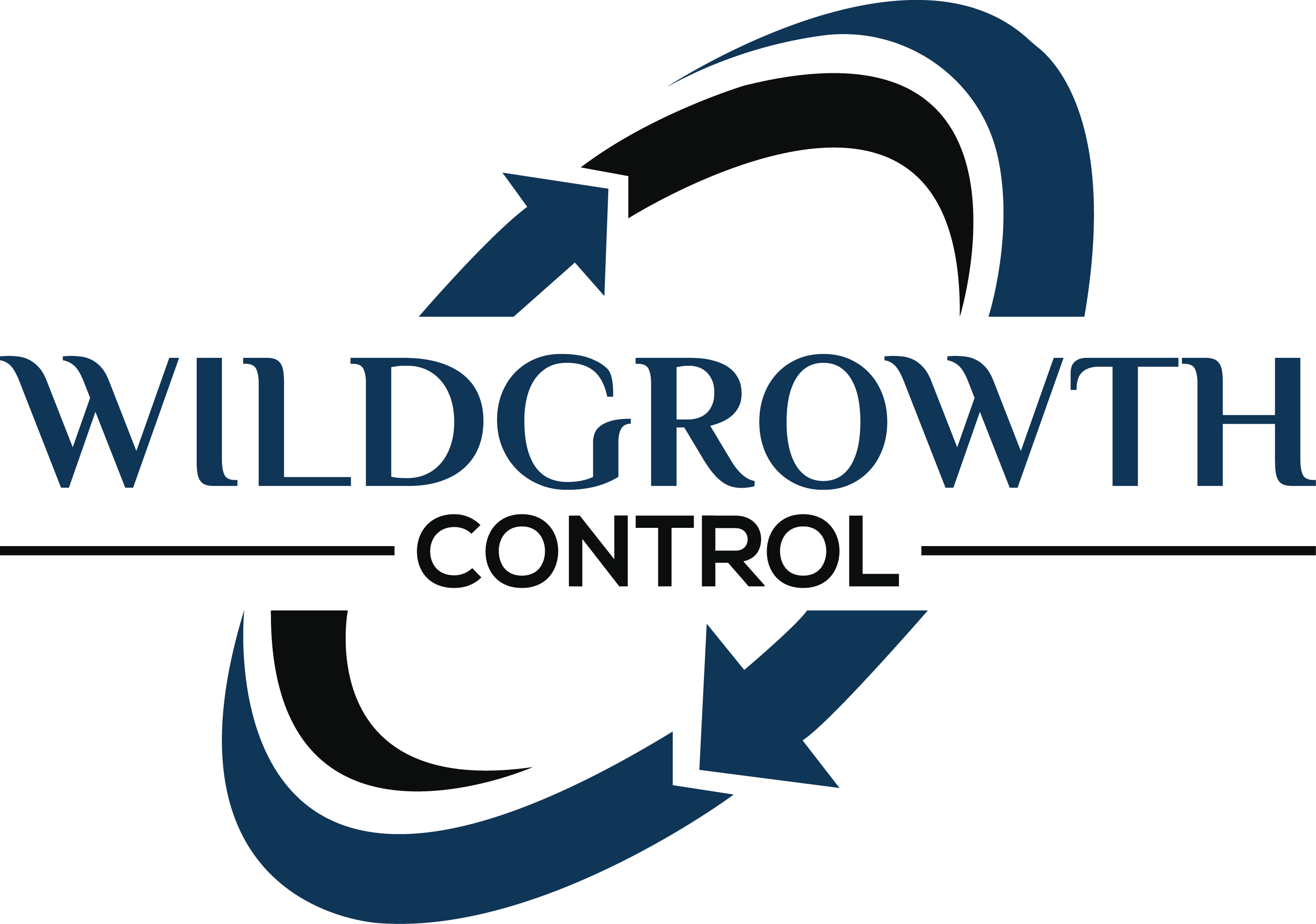Free CRM for Lawyers: Best Tools and How to Use Them
If you’re a solo attorney or running a lean law firm, you’ve likely asked yourself:
Do I need another tool? And if so, can I get it without paying more?
Here’s the good news: Yes, you can. And it’s called a free CRM.
A CRM (Client Relationship Management system) helps you with lead management, follow up with prospects, manage client communication, and stay organized, without spreadsheets, sticky notes, or memory lapses. It’s how modern firms build better relationships and convert more inquiries into paying clients.
But here’s the catch: most legal CRMs are expensive, packed with features you may not need right away. If you’re just getting started or want to test the waters, a free CRM for lawyers could be precisely what you need to streamline your intake process, automate basic follow-ups, and stop letting leads fall through the cracks.
In this guide, we’ll cover:
-What you can expect from a free CRM
-The best free CRM platforms worth trying in 2025
-How to use them effectively in a legal workflow
-Where free CRMs fall short, and when to upgrade
Let’s explore how to get real value out of CRM software, without spending a cent.

Table of Contents
1. What Does a Free CRM Offer a Law Firm?
Before diving into tools, it’s essential to establish clear expectations. A free CRM won’t do everything a paid legal CRM can, but that doesn’t mean it’s useless. Many solo attorneys and small firms utilize free CRM software to stay organized, follow up more efficiently, and manage contacts more effectively than they could with spreadsheets or sticky notes.
Here’s what you’ll typically get (and not get) with a free CRM:
Core Features Most Free CRMs Include
While free plans vary, most offer the essentials to help you manage your contacts and track incoming leads:
-Contact Management – Store names, emails, phone numbers, and introductory notes
-Lead Pipelines – Visual stages like “new lead,” “consult scheduled,” “retained”
-Task & Follow-Up Reminders – Assign reminders so no inquiry goes unanswered
-Email Logging or Basic Sync – View email history per contact (sometimes limited)
-Simple Web Forms – Capture leads from your site and send them directly into the CRM
-Search & Filters – Easily segment contacts by tags, date added, or status
These features alone can help transform your intake process, mainly if you currently rely on inboxes and memory.
What You Typically Won’t Get for Free
Free CRMs are designed to give you a taste of the product. That means some important legally friendly features are locked behind paywalls.
-Legal-Specific Tools – Conflict checks, matter linking, trust accounting, or compliance support are rarely included.
-Advanced Automation – No automated drip emails, triggered tasks, or conditional logic
-Robust Reporting – Limited or no insights into lead conversion rates or referral sources
-File Storage or Document Tools – Often capped or unavailable without upgrade.
-Third-Party Integrations – You’ll usually miss out on connecting your CRM with Clio, MyCase, DocuSign, etc.
Still, if you’re just starting to build an intake system or need to organize lead flow, a free CRM can provide structure where there was none.
2. 5 Best Free CRM Options for Lawyers in 2025
While most legal CRMs are paid platforms, there are several free CRM tools that can serve small law firms and solo attorneys well. These platforms may not include legal-specific features, but they offer reliable contact management, lead tracking, and follow-up tools to keep your intake process organized and efficient.
Below are five of the best free CRM options available in 2025, each with its strengths and ideal use cases.
1. HubSpot CRM – Best All-Around Free Option
Overview:
HubSpot is one of the most popular free CRMs on the market. It offers a modern interface, excellent contact management, and valuable tools for email tracking and task management. While not legal-specific, it’s simple to customize for your intake pipeline.
Key Features:
-Unlimited users and contacts
-Email templates, reminders, and scheduling
-Contact activity timeline
-Meeting booking and lead forms
Best For:
Solo attorneys or small firms looking for a clean, intuitive tool to manage leads and stay on top of communication.
Limitations:
No legal workflows, no built-in document tools, and no automation features are available without a paid plan.
2. Zoho CRM Free Tier – Best for Customization
Overview:
Zoho’s free CRM supports up to three users and offers contact management, task tracking, and a high level of customization. You can create custom fields and views to match your legal intake process.
Key Features:
-Custom fields and layouts
-Workflow rules (limited in the free version)
-Email tracking and calendar sync
Best For:
Firms that want flexibility and are comfortable setting up their intake stages and workflows.
Limitations:
Limited automation and integrations with legal tools are not native to the system.
3. Freshsales Free – Best for Communication-Heavy Firms
Overview:
Freshsales offers strong built-in communication tools, including a phone dialer and email tracking, even in its free version. The layout is modern and user-friendly.
Key Features:
-Built-in calling and email logging
-Contact segmentation
-Visual lead pipelines
-Mobile app included
Best For:
Attorneys who take a lot of calls or follow up with prospects frequently by phone or email.
Limitations:
No legal integrations or automation are available on the free plan.
4. Bitrix24 Free – Most Feature-Rich with Collaboration Tools
Overview:
Bitrix24 provides a full suite of CRM, project management, and communication tools in its free version. It’s suitable for small teams that want more than just lead tracking.
Key Features:
-Free for up to 12 users
-Lead forms, task tracking, and internal chat
-Email integration and calendar tools
-Document and file sharing options
Best For:
Firms that need internal collaboration tools along with CRM functionality.
Limitations:
The interface can feel cluttered, and the setup is more complex than others on this list.
5. Capsule CRM – Best for Simplicity
Overview:
Capsule CRM is minimal but highly effective. It focuses on core CRM features with a clean and intuitive user experience. The free version is limited to 250 contacts.
Key Features:
-Contact and task management
-Simple visual pipelines
-Gmail and Outlook integrations
-Tagging and custom fields
Best For:
Solo attorneys or small firms who need a lightweight, easy-to-use CRM to stay organized.
Limitations:
Contact limits, no automation, and limited reporting unless upgraded.

3. How to Use a Free CRM Effectively in a Legal Workflow
A free CRM might not include every legal-specific feature, but it can still help you stay organized and respond faster to potential clients. With a little structure and smart usage, you can build an efficient lead management system that supports your intake process and keeps your firm running smoothly.
Here’s how to make the most of a free CRM in your daily workflow.
Track Every Lead from First Contact to Retainer
Use your CRM to map out each step of the client journey. Create pipeline stages that reflect your process, such as:
-New inquiry
-Consultation scheduled
-Awaiting documents
-Retainer signed
-Case referred or declined.
Update the lead’s status as they move through your process. This gives you visibility into who needs attention and which leads are slipping through the cracks.
Tag and Categorize Your Contacts
Apply tags or custom fields to keep your contact list organized and easily searchable. Some examples include:
-Practice area (e.g., Family Law, Immigration)
-Referral source (e.g., Website, Facebook, Referral)
-Urgency or case complexity
This allows you to quickly segment your leads, personalize your follow-ups, and filter your list when needed.
Automate Follow-Ups Using Tasks and Templates
Even without full automation, you can create repeatable systems. Use built-in reminders to:
-Follow up with a lead 24 or 48 hours after their first call
-Send a consultation reminder a day before the appointment.
-Set a task to follow up if there is no response within a week.
If your CRM supports templates, create a few for standard replies like:
-Consultation confirmations
-Intake form requests
-Follow-up emails for unresponsive leads
Connect Your Email and Calendar
Most free CRMs allow at least basic integration with Gmail or Outlook. Enable it to:
-View past emails inside the contact’s timeline
-Schedule tasks or meetings without toggling between apps.
-Send calendar invites directly from the CRM.
This saves time and ensures you never lose track of a conversation.
Create a Simple Intake Pipeline
Use forms or web-to-lead features (offered in tools like HubSpot or Zoho) to collect new lead information directly from your website. These submissions can be imported directly into your CRM, allowing you to track and respond quickly.
If your CRM doesn’t have form tools, consider using a third-party option like Google Forms and manually importing the data.
4. When a Free CRM Isn’t Enough: Limitations to Watch For
Free CRM software can be beneficial for small or solo law firms that are starting to organize client communication. But as your practice grows, you’ll likely hit some walls. Understanding where free tools fall short will help you plan for when it's time to upgrade, or avoid wasting time on the wrong platform altogether.
Here are the most common limitations you’ll encounter.
Limited Users or Contact Capacity
Most free CRMs are designed for small teams and trial users. Some limit the number of users (e.g., Zoho caps at 3), while others cap the number of contacts that can be stored (e.g., Capsule limits to 250 contacts).
Why it matters:
Once you outgrow these caps, you’ll either have to upgrade or risk losing key data or workflow functionality.
No Legal-Specific Features
Free CRMs are usually built for general business use. That means you won’t get tools designed for legal needs like:
-Conflict checks
-Trust accounting
-Matter-specific workflows
-Retainer tracking or legal billing integration
Why it matters:
You may need to manually work around these gaps or run additional systems in parallel, which can increase your administrative time and risk of errors.
Manual Admin Workload Increases
Without automation, many tasks remain manual, such as:
-Sending follow-ups
-Booking consultations
-Moving leads through stages
-Reminding yourself to call a lead back
Why it matters:
Manual systems are more complex to scale and prone to errors, especially during busy periods.
No Integration with Legal Tools
Free CRMs typically don’t offer native integrations with practice management platforms like Clio, MyCase, or PracticePanther. This means you’ll need to double-enter data or export contacts manually.
Why it matters:
As your firm grows, disconnected tools slow you down and increase the risk of dropped leads or miscommunication.
Limited Reporting and Analytics
You won’t get detailed reports showing your:
-Lead conversion rates
-Average response times
-Referral source performance
-Intake bottlenecks
Why it matters:
Without these insights, you can’t confidently improve your intake strategy or marketing investments.
While free CRMs are excellent for getting started, they aren’t designed for long-term growth or legal-specific compliance. Next, we’ll cover how to determine when it’s time to upgrade.

5. How to Know When It’s Time to Upgrade
Starting with a free CRM is a smart move for many solo and small firm lawyers. But as your caseload increases or your intake process becomes more complex, you’ll reach a point where the free version simply can’t keep up.
Here are clear signs that it’s time to consider a paid CRM or legal-specific alternative:
You’re Missing Follow-Ups or Losing Leads
If your CRM doesn’t support reminders, task automation, or email sequences, you’ll eventually forget to follow up. When leads start slipping through the cracks despite your best efforts, it’s time to upgrade.
What to look for next:
Paid CRM plans with automated workflows, status triggers, and follow-up sequences.
You Need Legal Workflows and Conflict Checks
As you manage more matters, your CRM should help with conflict screening, case assignment, and secure communication. Free tools often lack these features, and workarounds can become risky or time-consuming.
What to look for next:
CRMs like Clio Grow, Lawmatics, or MyCase have built-in legal workflows and compliance support.
You’re Managing More Than One Practice Area or Team Member
If you’re adding new attorneys, paralegals, or support staff, free CRMs may limit how many users you can add. Or they may not offer role-based access, which can affect data security and workflow efficiency.
What to look for next:
Plans that support team collaboration, user permissions, and case-level task assignment.
You Want to Connect CRM With Other Tools
At some point, manual data entry becomes a problem. You’ll want to connect your CRM to your practice management platform, calendar, intake forms, e-signature tool, or billing system.
What to look for next:
CRMs that offer legal integrations or Zapier support for syncing your core tech stack.
You Need Better Reporting to Measure Growth
If you're investing in digital marketing or client acquisition, you need visibility into what’s working. Free CRMs typically offer limited metrics and almost no custom reporting capabilities.
What to look for next:
CRMs that track lead sources, conversion timelines, and intake performance in real time.
Even if you don’t upgrade immediately, knowing these limits helps you plan. The goal isn’t just to grow, it’s to stay in control while you do it.
6. Final Thoughts – Start Free, Grow Smart
A free CRM can be a game-changer for solo attorneys or small firms that need structure without adding to overhead. It provides a centralized way to manage leads, follow up consistently, and minimize client communication gaps, all without incurring any expenses.
While it won’t replace a complete legal practice management system, a free CRM is often the first step toward a more streamlined, responsive, and efficient firm. If you’re just getting started or want to test how a CRM fits into your workflow, free tools like HubSpot, Zoho, or Capsule are solid places to begin.
And when the time comes to scale up, whether that means adding team members, automating intake, or integrating with legal tools, you’ll already have the habits and data in place to upgrade with confidence.
7. FAQs – Free CRM for Lawyers
What is the best CRM for lawyers?
Clio Grow, Lawmatics, and MyCase are among the top CRMs explicitly built for legal professionals. Clio Grow is ideal for intake and lead tracking, Lawmatics offers powerful marketing automation, and MyCase is a good all-in-one option with built-in CRM functionality.
Is there a completely free CRM?
Yes. Platforms like HubSpot CRM, Zoho CRM (free tier), Freshsales, Bitrix24, and Capsule CRM all offer completely free versions. These free CRMs come with basic features, such as contact management, task tracking, and simple pipelines, but may lack legal-specific tools and advanced automation capabilities.
What is a CRM in law?
In a law firm, a CRM (Client Relationship Management) system helps track leads, manage client communication, and automate parts of the intake process. It’s used to organize every interaction before and after a client signs a retainer, thereby improving response time and the overall client experience.
What is the best CRM for defense industry?
While not specifically legal, Salesforce and Microsoft Dynamics are often utilized in the defense industry for their robust security, compliance controls, and customizability. These platforms are designed to handle complex workflows, partner relationships, and procurement tracking at an enterprise level.
Call 855-457-2803
Free 24/7 Strategy Session
Request a Call Back
NEED HELP? CONTACT US 24/7
(855) 457-2803
se habla espaÑol
Quick Links
AI Reputation Management
© 2025+ WildGrowthControl is an independently owned and operated company - all rights reserved.

